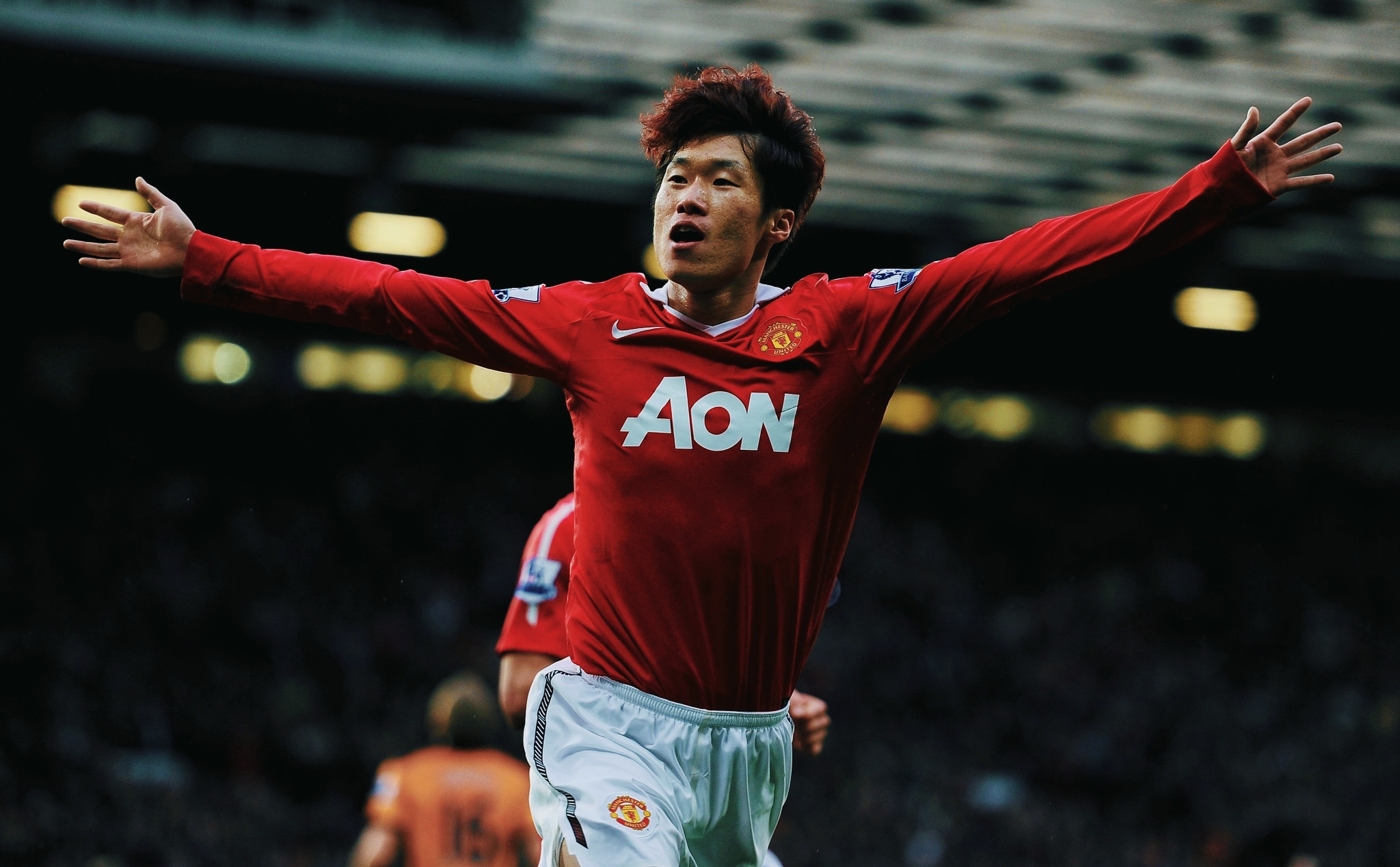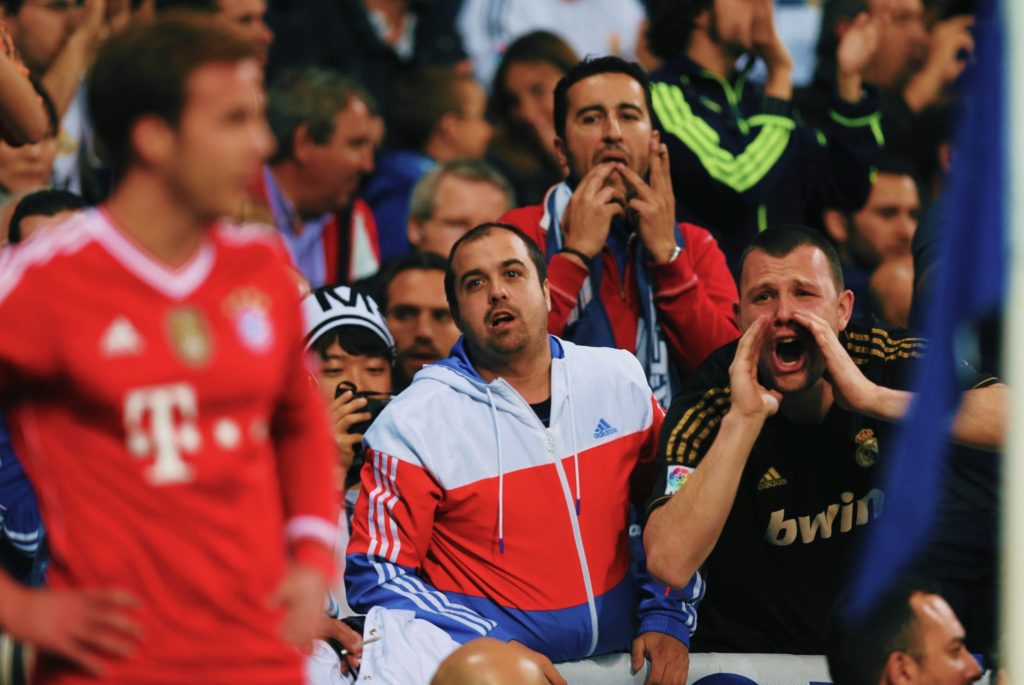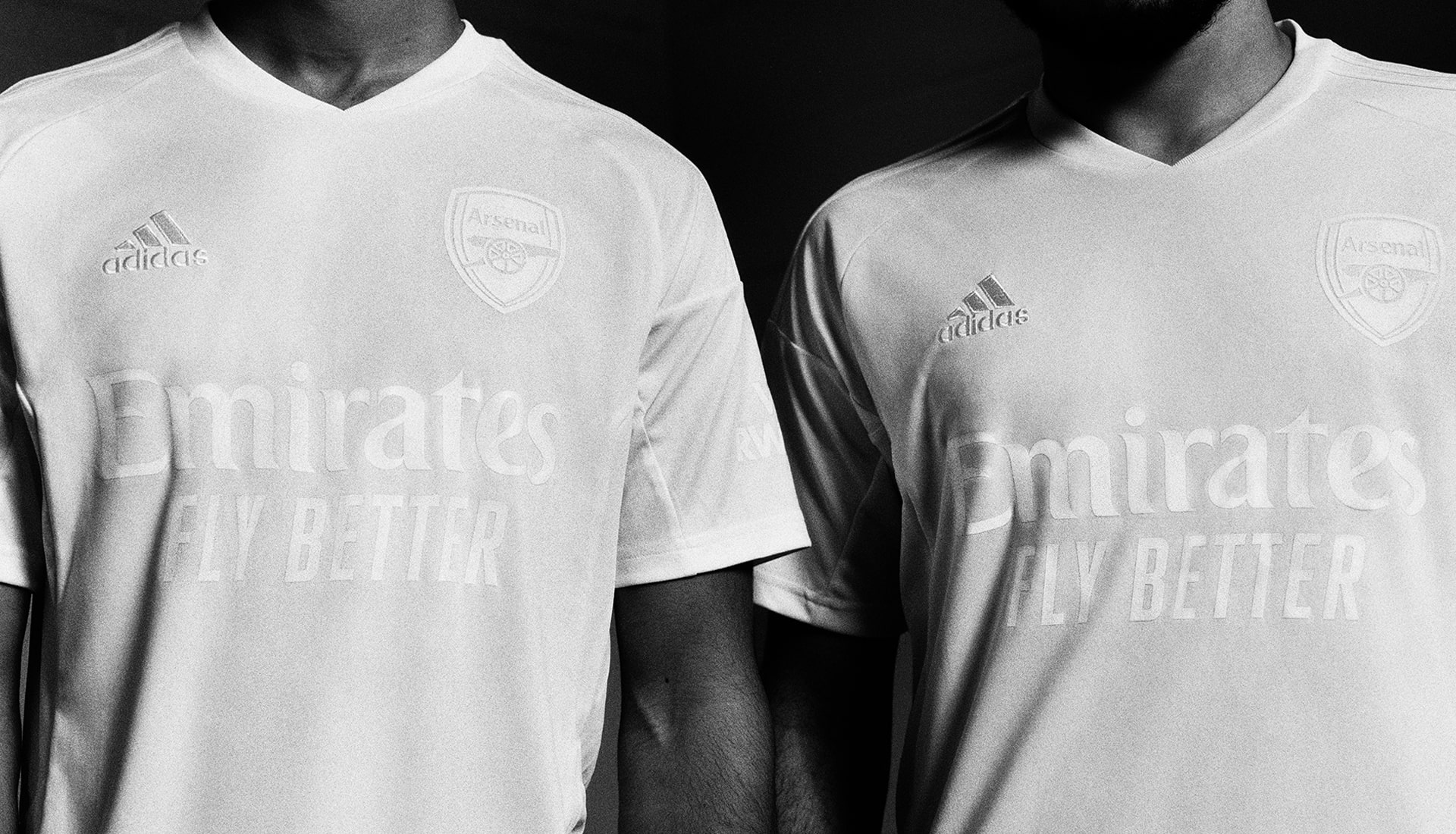Fans of football are undoubtedly one of the most passionate and immersed audiences in all of sport. The eerie silences across lockdown-era stadiums have only made the value of a club’s ‘12th man’ even greater. But throughout the events of 2020, it’s become apparent that our game still faces serious issues surrounding tolerance.
Whilst a small minority of football ‘supporters’ choose to deliver blatant hate speech, more subtle forms of regressive behaviour have become normalised. In the eyes of many, words like ‘sexism’, ‘racism’ and ‘homophobia’ don’t belong in football – they’re seen as separate political issues that the top leagues only campaign against for PR purposes as opposed to devotion to spark real change.
The fact is, certain football fans have constantly been turning a blind eye to the alienation of specific groups within society. Terms like ‘rent-boy’ (commonly used as an insult towards Chelsea fans and, more recently, Billy Gilmour specifically) are widely used, with the majority of those using it ignoring it’s homophobic implications. To some, the term ‘she’s a baller’ rings like the end of a joke, as despite women’s football deservedly gaining more and more traction in recent years, many fans continue to write it off due to a misguided perception of women’s sports in general.
Various xenophobic chants directed at Park Ji-Sung (by both opposition fans and Manchester United’s own) have also recently been highlighted by the player himself as directly hurtful and insulting during his time at the club.

The abuse facing black players in particular has been the forefront of anti-racism campaigns across the top leagues.Countless examples of direct discriminatory acts (both amongst fans and toward players) have been recorded, on top of the abhorrent racism emerging online – most notably the targeting of Jadon Sancho, Marcus Rashford and Bukayo Saka in reaction to the Euro 2021 final.
The case of post-Euro abuse only goes to prove how social media has expanded the reach of sporting fans dramatically – to the point where a player can receive discriminatory slander privately, direct racist language can become throwaway, and a comment section can breed hate speech. The indirect and seemingly low-risk nature of different social media platforms encourages the use of ‘burner accounts’ to abuse players, an act that – until recently – has seen little consequence.
Somewhere in the ‘middle-ground’, specific football fans are calling for ‘politics out of football’, an increasingly popular sentiment that acknowledges the aforementioned issues, yet advocates their specific campaigns removed from the game in order to prevent them being ‘forced upon’ supporters. While valid in it’s attempt to make football a more objective spectacle – this argument fails to appreciate the ever-growing overlap between sports and society. The age of the internet, TV, fan interaction, and player activism all play a part in bridging the gap between fans and the game, not to mention the significance that grassroots football has within so many communities around the world. As accessibility broadens, the influence of elite athletes (and the associations they play under) broadens with it – creating the current situation we now have within football, wherein positive societal movements are endorsed not to alter personal politics, but to fight intolerance.
Progress is being made in furthering the acceptance of different groups within the game (specifically the general response to the coming-out of Adelaide United’s Josh Cavallo), but ignorance can only be tackled with exposure. The next generation of footballing fans need to apply an open mind to the game we love, to ensure that football is, and will always be, for everyone.






